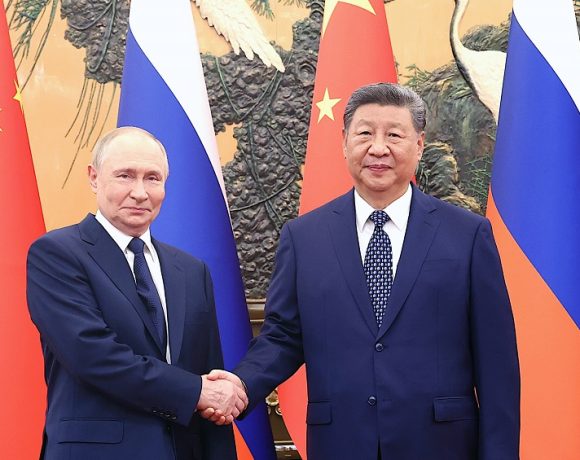
Microsoft Confirms AI Tech Use by Israel in Hamas War
Microsoft has officially acknowledged that it sold artificial intelligence and cloud computing technology to the Israeli Ministry of Defense during the 2023 Israel-Hamas conflict. The admission follows months of speculation and employee protests over the potential misuse of its technology in Gaza. Microsoft, however, maintains that its services were used specifically for hostage rescue efforts and insists there is no evidence linking its platforms to civilian harm.
Microsoft’s Internal Assessment and Response
In a statement released after both internal and third-party reviews, Microsoft clarified the scope of its involvement:
“Based on our review, including both our internal assessments and external review, we have found no evidence that Microsoft’s Azure and AI technologies, or any of our other software, have been used to harm people or that [the Israeli Ministry of Defense] has failed to comply with our terms of service or our AI Code of Conduct.”
The company said it provided limited emergency access to its Azure AI services to support efforts in locating hostages captured by Hamas in the October 2023 attacks. It noted that this access was outside typical contractual provisions and granted under exceptional circumstances. Microsoft reiterated that the AI deployment adhered to its ethical standards and internal guidelines, including its AI Code of Conduct.
Employee Protests and Ethical Backlash
Despite the company’s assurances, Microsoft has faced significant internal dissent. During the firm’s 50th anniversary celebrations, employee Ibtihal Aboussad staged a public protest accusing the company of enabling civilian casualties through its contracts with the Israeli military. Her protest was part of a growing internal campaign dubbed “No Azure for Apartheid,” which urges Microsoft to terminate all AI and cloud service contracts with Israeli defense agencies.
The movement reflects broader concerns among tech workers about the moral responsibilities of corporations whose products are increasingly being deployed in geopolitical conflicts. Employees have called for transparency in contract terms, greater oversight in how technologies are used, and the right to object to working on military projects.
Growing Role of Tech in Modern Warfare
Microsoft’s admission places a spotlight on the expanding role of commercial AI and cloud technologies in military operations. With warfare evolving into the digital realm, companies like Microsoft, Google, and Amazon are finding themselves at the center of heated ethical debates.
While Microsoft insists that its technologies were not misused, the situation raises critical questions about the limits of corporate responsibility and the safeguards needed to prevent dual-use technologies from contributing to civilian harm. The Gaza conflict has particularly amplified global calls for accountability, as tech platforms become increasingly embedded in warfare strategies.
The controversy underscores a broader need for internationally accepted norms on the military use of AI and cloud infrastructure. As digital tools become integral to modern warfare, tech companies are under mounting pressure to ensure that their innovations do not end up fueling violence or violating humanitarian principles.


















